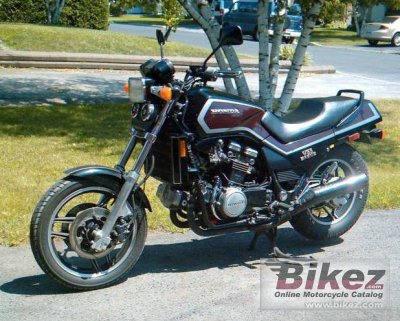Found what appears to be the closest thing to an independent study that I've yet run across:
http://www.xs11.com/stories/mcnoil94.htm Motorcycle Consumer News
February, 1994
Motorcycle Oils vs. Automotive Oils
Surprising New Evidence on the Viscosity-Retention Question
Their basic conclusion is that not enough difference in viscosity breakdown nor the percentage of inhibitor agents present to be able to tell a difference between motorcycle or automotive oils, either dino or synthetic versions.
So is it the fact that this research was done back in 94 that makes it irrelevant or am I missing something here? Looking at the testing methodology, it looks to be pretty sound, but I admit I'm moving faster through this than I should. I'm just not seeing a neon sign saying "here's why the testing is invalid."
Thoughts?
ND
http://www.xs11.com/stories/mcnoil94.htm Motorcycle Consumer News
February, 1994
Motorcycle Oils vs. Automotive Oils
Surprising New Evidence on the Viscosity-Retention Question
Their basic conclusion is that not enough difference in viscosity breakdown nor the percentage of inhibitor agents present to be able to tell a difference between motorcycle or automotive oils, either dino or synthetic versions.
So is it the fact that this research was done back in 94 that makes it irrelevant or am I missing something here? Looking at the testing methodology, it looks to be pretty sound, but I admit I'm moving faster through this than I should. I'm just not seeing a neon sign saying "here's why the testing is invalid."
Thoughts?
ND







 Guys, I'm getting the feeling you're commenting without reading the link before commenting.
Guys, I'm getting the feeling you're commenting without reading the link before commenting.




Comment